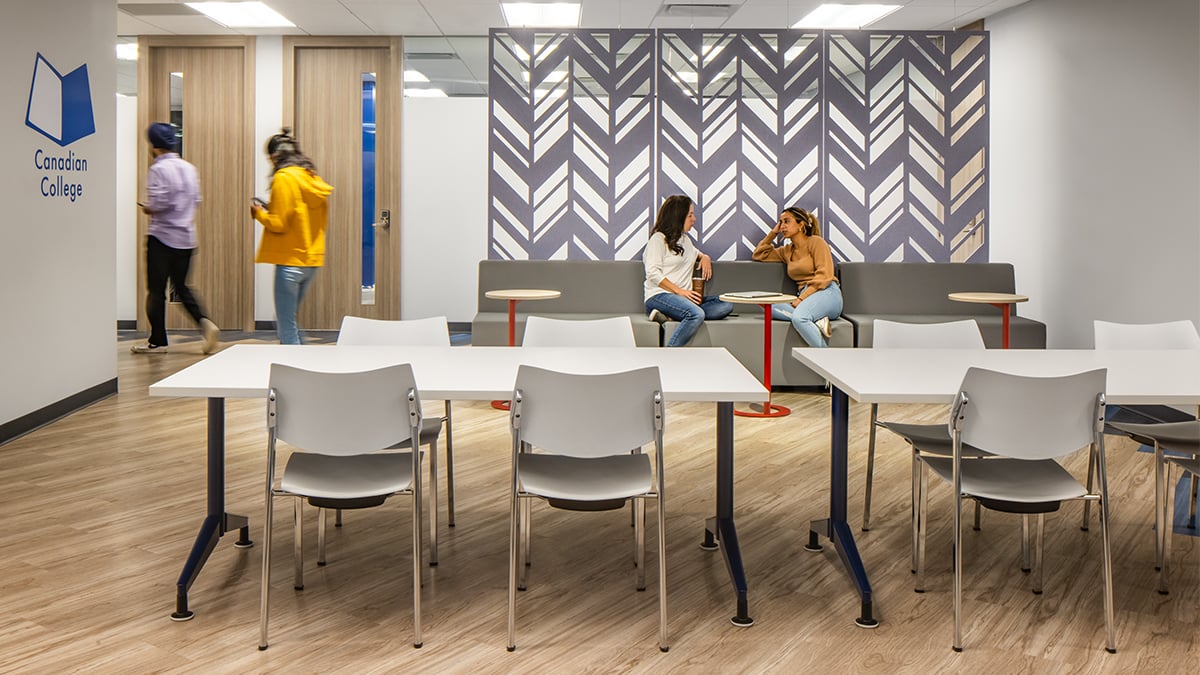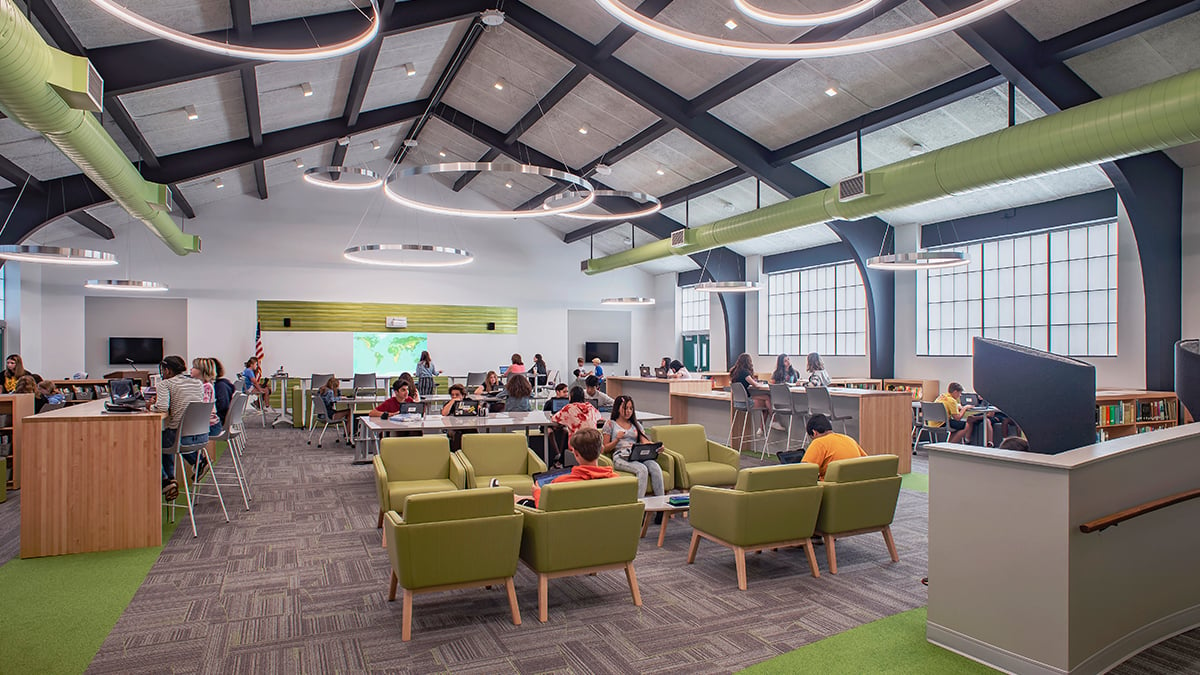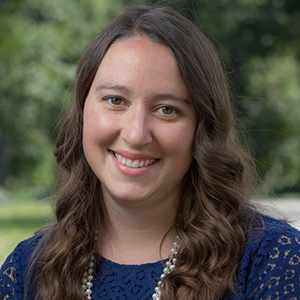How Higher Education Students Use Privacy Pods

Privacy pods are a staple of modern study spaces. Find out how they help meet the different needs of college students nationwide.
You may have stumbled upon the terms 'privacy pods,' 'phone booths,' 'meeting pods,' or 'study booths.' While these terms are commonly used in the corporate world, particularly in open office environments, their applicability and influence extend significantly into academic and personal settings on college campuses.
Let's break it down. Phone booths are essentially privacy pods designed for individual use. They are soundproof enclosures with sealed doors that offer a quiet space for focused work or private calls. On the other hand, meeting pods cater to groups, providing a freestanding room within a larger communal area. The sizes and designs of these pods can vary, and they can either be open or sealed.
On college campuses, these pods serve a variety of student needs – from facilitating collaborative work to providing secluded spots for private discussions, therapy sessions, or even job interviews.
Here are four ways college students use privacy pods on campus.
1. A Respite for Commuter Students
For students who live on their college campus, it’s not uncommon for them to return to their dorm room if they have a longer break between classes. But for the 85% of U.S. college students who commute to and from school each day, it can be hard to find a space of one’s own throughout the day.
St. Francis College in Brooklyn has a sizable commuter population, so when the school designed its new campus, the facilities team focused on creating spaces where students could find privacy or come together with peers between classes. WiggleRoom Super Structures allow for groups of different sizes to meet without worrying about being too loud or distracting other students trying to focus in a surrounding lounge space.
The St. Francis team also found that Super Structures made the campus construction process easier because they could be installed without reworking any existing HVAC, fire alarm systems, or architecture in campus buildings.
2. A Quiet Nook in Crowded Libraries
Between roommates, dining halls, and group projects, it can be tricky for college students to find some privacy. Libraries are typically a great place to hunker down for focused work, but they’re no longer the epitome of peace and quiet that they once were.
At Yale University and the University of Southern Florida, frustrations over noisy libraries have recently taken center stage in their student newspapers. One student noted that many students treat the library like the student commons, socializing to the point where others have trouble focusing.
We’ve seen this demand for silent spaces at the University of Connecticut, where administrators even noticed that students would “camp out” and wait to use one of the single-user WiggleRoom pods.
Privacy pods in the academic library also offer acoustic benefits over traditional study carrels. Soundproof study pods like WiggleRoom feature magnetically sealed doors and sound-absorbing panels that result in a 30-decibel reduction, completely tuning out everything from noisy conversations to hushed whispers.
3. A Private Place for Personal Business
Just as pods meet the needs for student privacy while studying, they also support students who need a dedicated space for personal obligations.
As of 2022, nearly 90% of mental health appointments are conducted virtually. Privacy pods allow students to prioritize their health without worrying that a roommate will overhear a sensitive conversation. That’s a major need among college students. In a recent survey of 96,000 U.S. college students, nearly 45% reported symptoms of depression and nearly 40% reported experiencing anxiety.
There are nearly 1 million international students studying in the United States whose families may live on the other side of the world. In residence halls, privacy booths allow for early or late phone calls home without disturbing a sleeping roommate.
Meanwhile, eight in 10 companies conduct job interviews virtually. For students applying to internships, jobs, or even student leadership roles, privacy pods offer a professional, quiet space to further their career interests.
4. A Supportive Space for Learning Together
While higher education across the country has mostly resumed in-person learning, hybrid and fully remote classes are still in high demand. That’s especially true at community colleges where nearly 9 million students, or 41% of undergraduates, are enrolled.
For students who have some classes on campus and some virtually, a study booth offers a quiet atmosphere to participate in class or converse in breakout rooms without the background noise of common areas.
Larger pods designed for groups meet the need for “we” spaces alongside single-use “me” spaces. We’ve seen this at the University of Washington, which employed WiggleRoom Super Structures to create “huddle rooms” within the library, offering students a space to brainstorm, meet with faculty, or complete group work.
The team at UW was also attracted to the portable nature of Super Structures as they planned for a longer-term relocation for the school.
If You Build It, They Will Come
The library is still a quintessential signature space on college campuses. There’s a certain reverence for it as the place where students go to focus and study. As libraries have evolved to support collaborative learning and the increased use of technology, pods can create the quiet, private spaces that are still important to modern-day students.
Since pods can be employed in any open space, they help meet student preferences outside the library, too, from student commons and career services to hallways in residential halls and academic buildings.
Learn more about WiggleRoom in education and the impact of on-demand privacy pods for individuals and groups within learning spaces by clicking below.
Related Content
 Blog
Blog
From supporting hybrid learning to improving mental health and well-being, discover how privacy pods fulfill modern higher education needs.
 Blog
Blog
From financial aid to fluctuating enrollment, discover the critical changes and challenges impacting higher education this academic year.
 Blog
Blog
Libraries provide students of all ages with a place for discovery and exploration. Here are six of our best tips for creating a school library tailored to your students’ needs.
Subscribe
Stay up to date with the latest trends and more.











